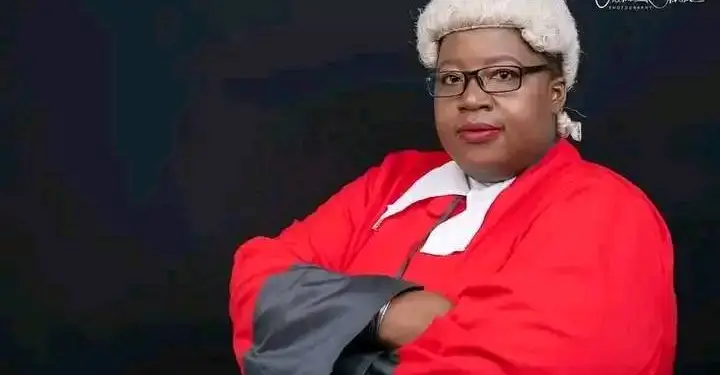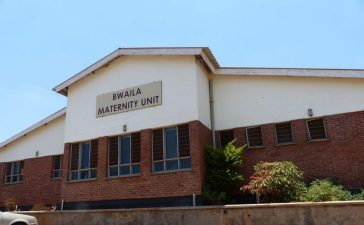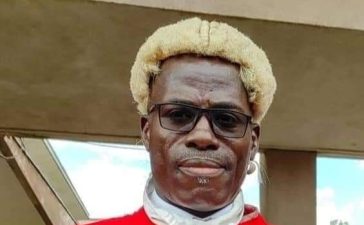“Your judgement order is out and you can go to check with Zomba Court,” read the official notice from the Blantyre District Commissioner’s office to former University of Malawi Students’ Council President, Humble CS Bondo. While poetic in tone, these words starkly highlight the alarming dysfunction within our judicial system.
Bondo’s case, simple in legal terms yet crucial in its implications, was left to stagnate in judicial limbo for an egregious nine months. Not because of legal complexity, but seemingly due to sheer neglect. Legal experts agree: this was a case that, under normal circumstances, should have been resolved in a matter of days. Even the typical three-month wait for judgments was surpassed by over three times—and this was merely a ruling, not a full judgment.
At the center of this delay is Justice Zione Ntaba, whose failure to act in a timely manner raises troubling questions about the integrity and efficiency of our judiciary. It was only after Mr. Bondo threatened to stage a protest—right on the doorstep of the Chief Justice—that the long-overdue ruling was suddenly made available. A coincidence? Unlikely.
The official letter from Redgson Mkolombwe dated 7th April 2025, on behalf of the Blantyre District Commissioner, announced that the ruling had been released and was ready for pickup at Zomba court. The message, wrapped in formal politeness, ended with: “It is our sincere hope that your concerns have been responded to positively.”
Yet, the broader question remains: Is this truly how justice should work in a democratic society? Must citizens threaten protests and public dissent just to get their concerns addressed? If a ruling only appears under duress, how can we trust its integrity or the purity of its reasoning? Does it reflect the rule of law—or merely the fear of public scrutiny?
Mr. Bondo’s experience is not unique. His is one voice among many, voices stifled by a judicial system that too often seems indifferent, or worse, obstructive. His bravery in speaking out deserves praise, for it sheds light on the silent struggles of many others enduring similar injustices.
It is not just unfortunate—it is a national embarrassment—that it took nine months and a public threat to receive a ruling. This speaks to a deep-rooted failure in institutional accountability and a pressing need for judicial reform. Judges who no longer have the discipline or will to serve the people with diligence and fairness must reflect on the sacred trust they’ve been given.
Justice delayed is not just justice denied—it is justice distorted.
As Mr. Bondo walks to Zomba to finally collect his ruling, the nation must walk with him—not just in solidarity, but in the urgent call for a better system. A system where justice is delivered not at the sound of protest, but at the call of duty.













